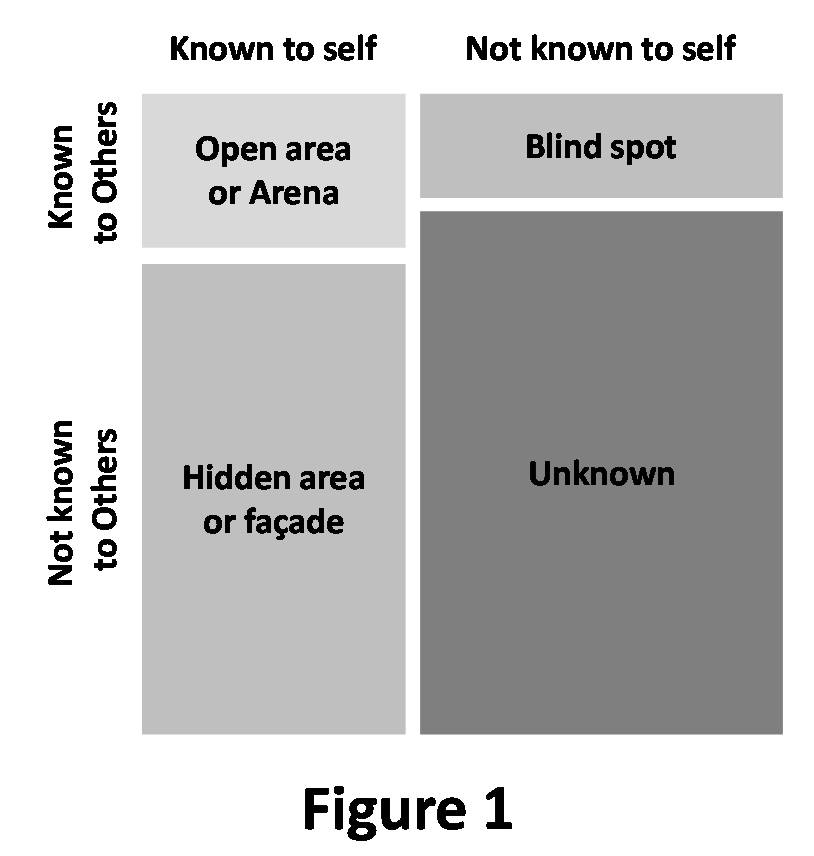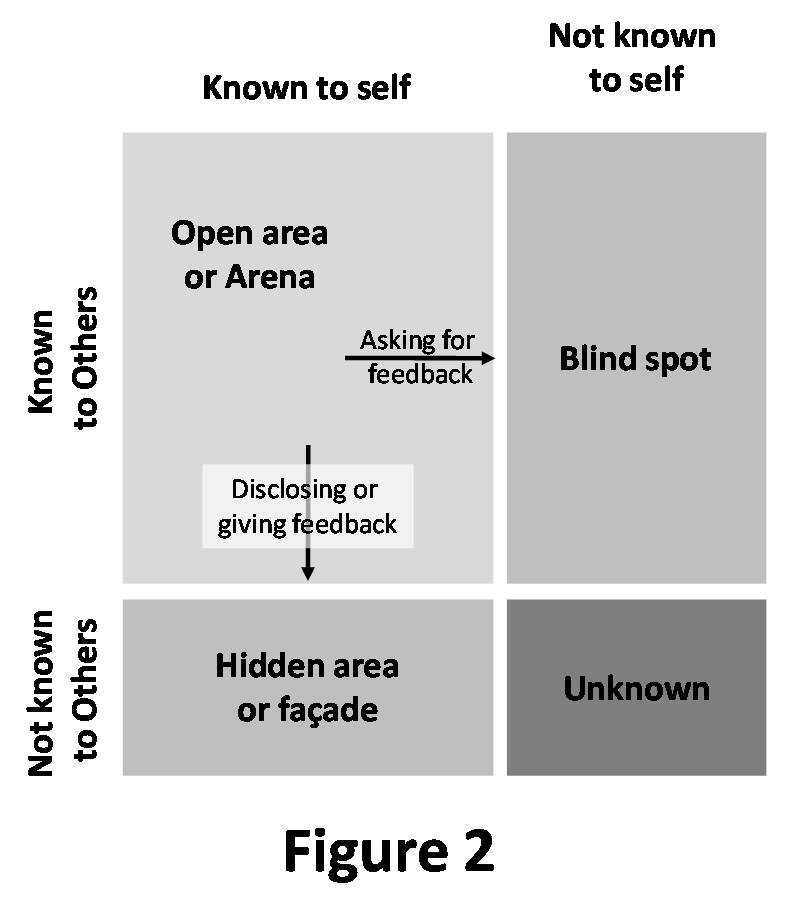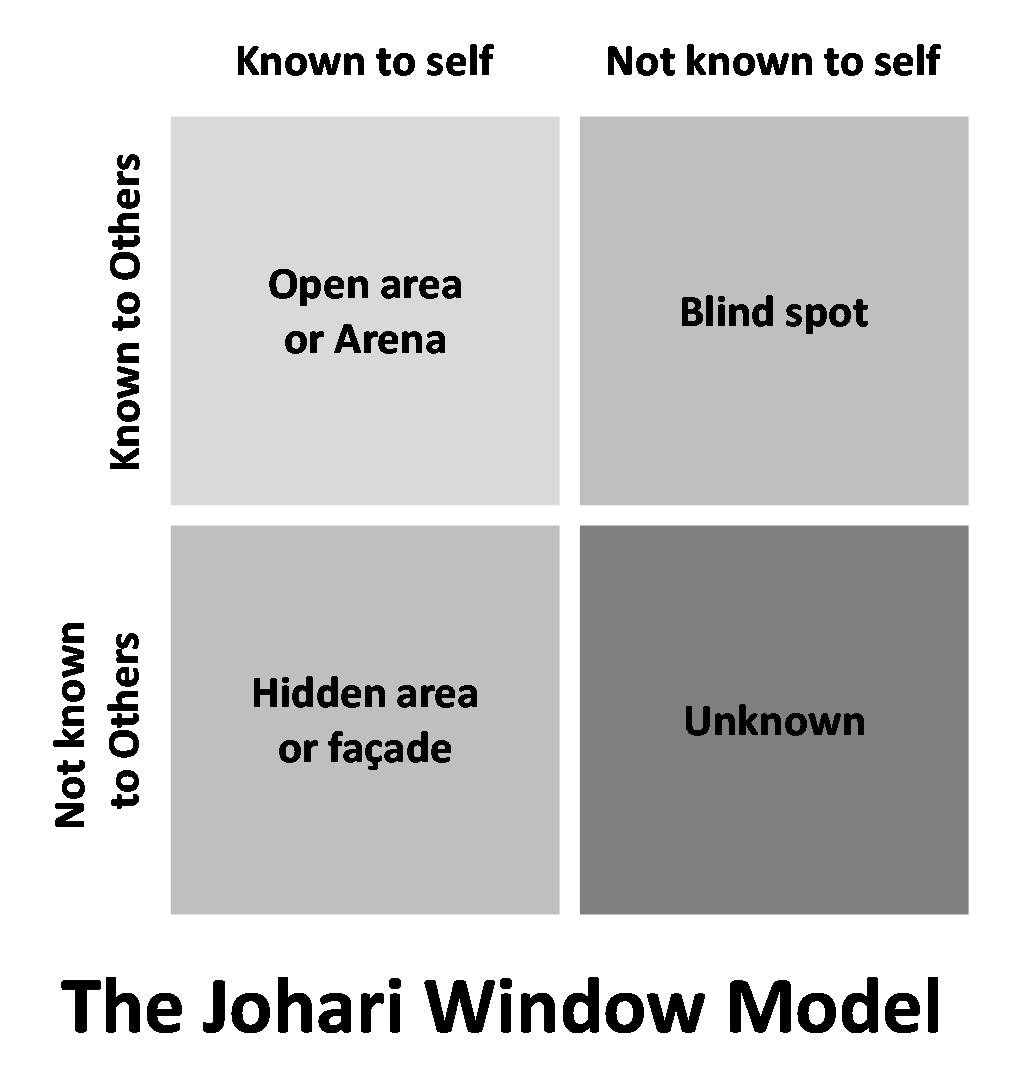What Is The Johari Window?
How can the Johari Window be of help to you!

Would you like to talk to someone? Click Here! The “biggest” poems I ever made are based on the psychological principal of the “Johari Window:” what the self freely shares with others; what the self hides from others; what others hide from the self; and what is unknown to the self and others. ~ Denise Duhamel
Please contact us if you have questions or if you need some encouragement.
What is the Johari Window? There are so many fascinating layers to how we perceive things and how others perceive us. Considering how much our perspective shapes our understanding of the world is truly astounding. The Johari Window perfectly captures this concept, highlighting the intricate dynamics between self-awareness and external perception. By acknowledging that there are aspects of ourselves that we may not be fully aware of, we open up a world of growth and learning. Embracing different perspectives through prayer allows us to uncover blind spots or hidden areas that others can see but we cannot. It’s like peering through a multifaceted prism, where each angle reveals a new truth about ourselves – one that might surprise or enlighten us. Let’s encourage each other to explore these various viewpoints with curiosity and an open mind, for it is in doing so that we embark on a journey toward deeper self-understanding and empathy for others.
Matthew, Mark, Luke, And John All Walked With Jesus, Yet Each Had Their Own Story Or “Perspective To Share.” Just Like The Johari Window Points Out, We Know Ourselves, Others Know Us, And How Things Appear Can Be Different Depending On Whose Perspective It Is Being Viewed Through!
What Is The Johari Window Explained In 2 Minutes?
-
What Can I Learn From The Bible?
-
On The Bright Side?
-
Are You Blinded By An Addiction?
-
Could Things Be Worse?
-
Is Love Is Blind?
-
Sitemap?
What Is The Johari Window ~ Take A Unique View!
Ten Ways To Discover Encouragement For Yourself:
- Encouragement for Relationships
- Encouragement to End an Addiction
- Encouragement for Your Faith
- Encouragement from Many Topics
- Encouragement to Pray Daily
- Encouragement from our Ideas List
- Encouragement via Chatting
- Encouragement from our Sitemap
- Encouragement from a Free Bible
- Encouragement from My Book
Find out what God’s Word says about your situation and what to do about it ~ Click here.
WHAT IS THE JOHARI WINDOW MODEL?
1. Open/Self-Area Or Arena ~
2. Blind Self Or Blind Spot –
3. Hidden Area Or Façade –
4. Unknown Area –
-
Want To View More Websites?
-
What Are Encouragement Ideas?
-
How To Pray?
-
Video ~ How To Pray More Effectively?
-
How To Find A Good Church?
-
Free Christian Counseling
Johari Window ~ A Tool For Understanding Yourself!
What Is The Johari Window?
Here’s A Summary Of How To Place The Adjectives:
1 /Arena – Adjectives selected by the individual and peers or significant others are placed in Arena.
2 / Façade – Adjectives chosen by the individual only are placed on Façade.
3 / Blind Spot – Adjectives selected by peers or significant others only are placed in Blind Spot.
4 / Unknown – Adjectives not selected by anybody are placed in the unknown.
360 Feedback ~ What Is The Johari Window?
The Participant Can Use Adjectives Like These
(As Possible Descriptions In The Johari Window)
- able
- accepting
- adaptable
- bold
- brave
- calm
- caring
- cheerful
- clever
- complex
- confident
- dependable
- dignified
- empathetic
- energetic
- extroverted
- friendly
- giving
- happy
- helpful
- idealistic
- independent
- ingenious
- intelligent
- introverted
- kind
- knowledgeable
- logical
- loving
- mature
- modest
- nervous
- observant
- organized
- patient
- powerful
- proud
- quiet
- reflective
- relaxed
- religious
- responsive
- searching
- self-assertive
- self-conscious
- sensible
- sentimental
- shy
- silly
- smart
- spontaneous
- sympathetic
- tense
- trustworthy
- warm
- wise
- wit
What Is The Johari Window?
Some Specific Scriptures To Encourage You:
1 Timothy 4:10 ESV
To this end, we toil and strive because we have our hope set on the living God, who is the Savior of all people, especially those who believe.
Numbers 30:2 ESV
If a man vows a vow to the Lord or swears an oath to bind himself by a pledge, he shall not break his word. He shall do according to all that proceeds out of his mouth.
Acts 2:21 ESV
And it shall come to pass that everyone who calls upon the name of the Lord shall be saved.’
John 11:25 ESV
Jesus said to her, “I am the resurrection and the life. Whoever believes in me, though he die, yet shall he live,
John 9:5 ESV
As long as I am in the world, I am the light of the world.”
Find Hope And Encouragement From Our Links!
- We have a page specifically for you if you just started believing in God.
- If you are dealing with anger, stress, or depression, we have information to help you.
- We have phone helplines, website links, and YouTube videos.
- You can learn more about us, our goals, and our purpose.
- If you have a drug/alcohol problem or want to get right with God, you are at the right place!
- If you need to talk to someone immediately, call 800-633-3446 or click here.
- Finally, if you have any questions or want to be added to our email list, just let us know.
For Encouragement, Call 800-633-3446 or Chat.















